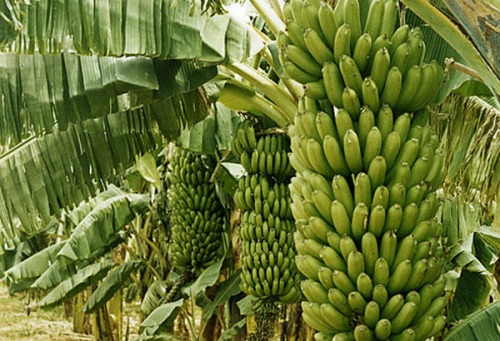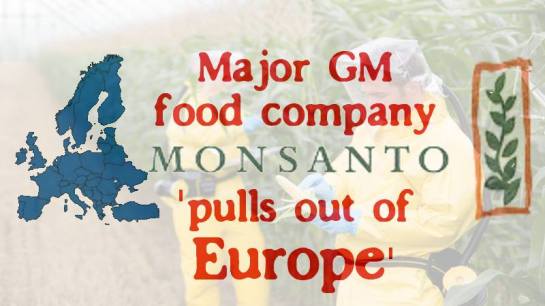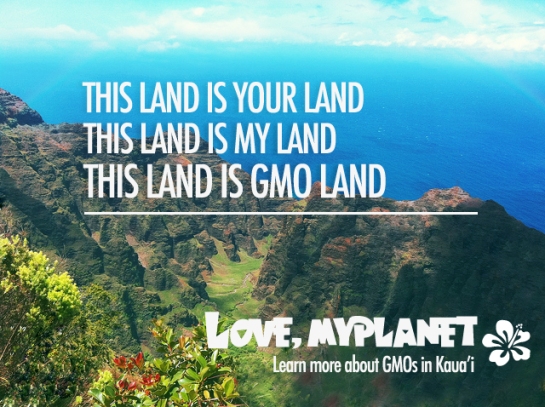
Recently, Uganda has been considering a bill to allow GM crops. Because roughly 80% of Ugandans grow at least part of their own food, GM crops could benefit them more than your average American, who rely entirely on the supermarket.
Bananas are an essential food for Ugandans – even more important that wheat. In some regions, for the past decade, bacterial wilt disease has cut banana yields by 30% to 50%. There are no chemicals or pesticides to end the disease either. However, at the National Agricultural Research Organization in Uganda, scientists put a pepper gene into the plant and made a banana that is resistant to the bacteria. They want to give away the GM banana for free to millions of Ugandans, but currently it is not legal to grow GMOs in Uganda. Until the government passes a GMO law, this crop can’t be utilized.
There is also a virus-resistant cassava, which is a starchy tuber crop that is resistant to drought, poor soils and climate change. The hardiness of this crop makes it important in protecting families from famine.
Bananas and cassava can grow from clippings, so there is little worry about private corporations controlling seed supplies for them. But there is more worry about other GM crops that do have seeds because that would give power to someone to control the seeds. Raised prices, if a company owned GM seeds, are not something farmers can afford. There are also worries about introducing the use of pesticides (since many grow organically) affecting other populations (like bees and fish).
What do you think? Could GMOs help Ugandans fight hunger?
Read the original story on NPR.
Image: http://in2eastafrica.net/wp-content/uploads/2013/05/banana.jpg


